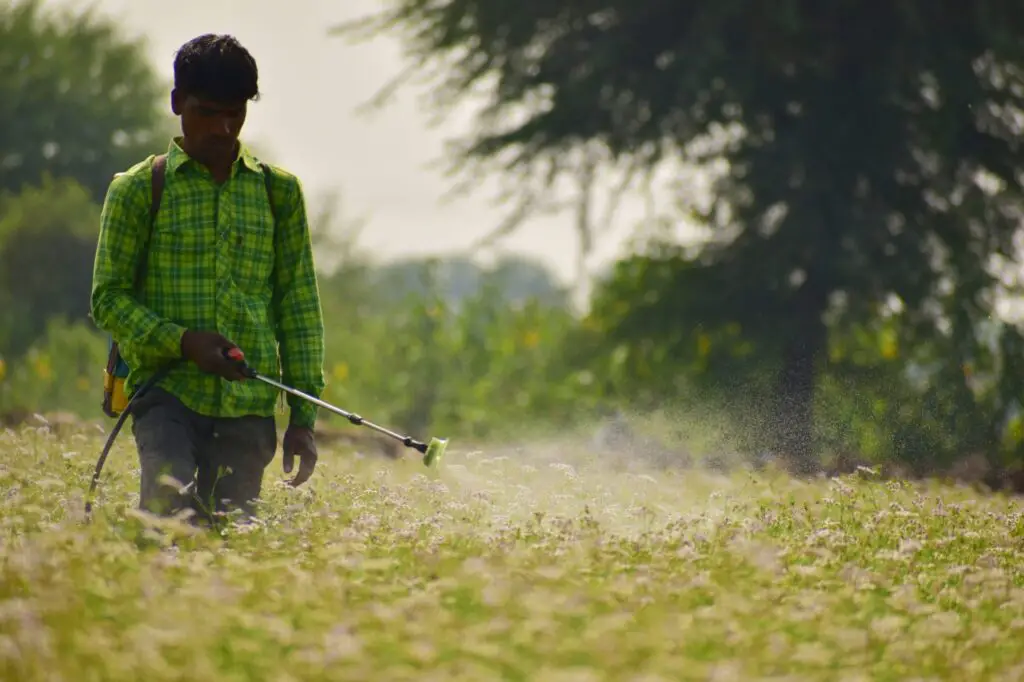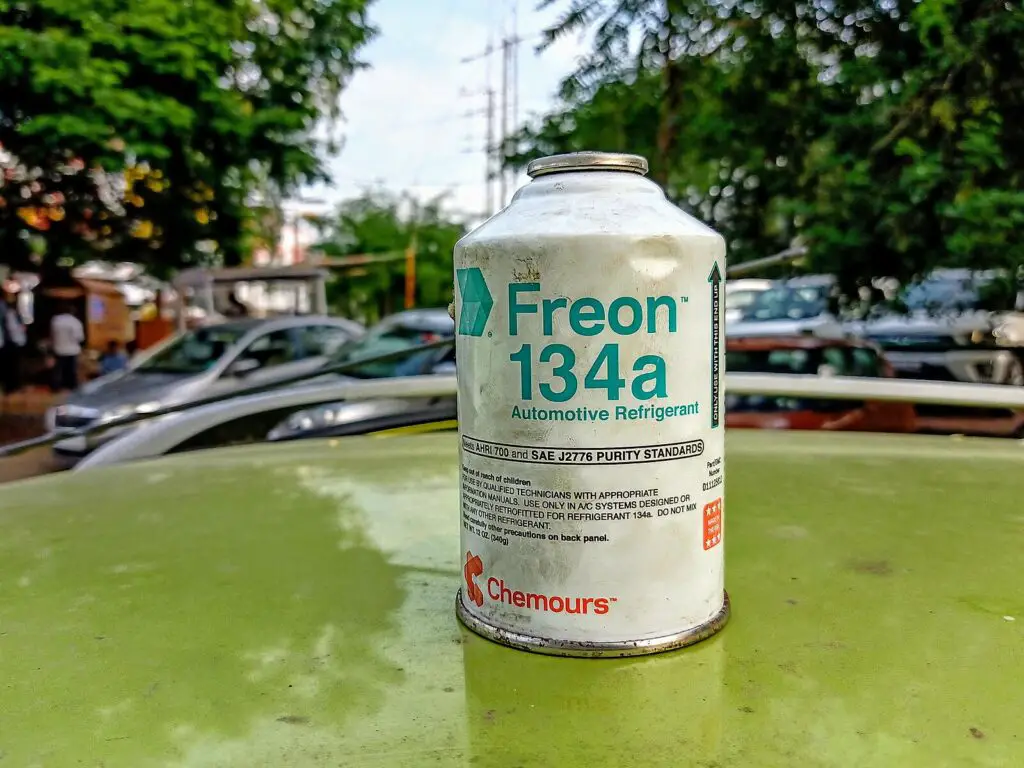1. Kinder Surprise Eggs

Kinder Surprise Eggs, a favorite treat worldwide, are chocolate eggs containing a small toy inside. However, in the United States, they are banned under the Food, Drug, and Cosmetic Act because the embedded toys are considered a choking hazard for children. This regulation has been in place for decades, with U.S. Customs and Border Protection seizing thousands of these eggs every year. Some states have stricter enforcement of this ban, citing additional safety risks for young children who might not distinguish the toy from the candy. Despite the prohibition, Kinder has developed an alternative: Kinder Joy eggs.
These eggs separate the toy from the candy, making them compliant with U.S. regulations. Fans of the original still lament the loss, as Kinder Surprise Eggs are seen as an iconic childhood treat in many countries. According to the U.S. Consumer Product Safety Commission, the ban reflects ongoing debates about balancing fun and safety in children’s products. This restriction has also sparked a black market where enthusiasts try to import the eggs illegally, despite heavy fines. Parents should note that safer, approved options like Kinder Joy are readily available in stores across the U.S.
2. Brass Knuckles

Brass knuckles are banned in many U.S. states due to their classification as dangerous weapons. These items, designed to enhance the force of a punch, are illegal to own, carry, or use in states like New York, California, and Illinois. Even novelty versions, such as those disguised as keychains or belt buckles, fall under this prohibition. The penalties for possession vary but can include fines, confiscation, and even jail time. While they were initially created for self-defense, the risk of severe injury and misuse outweighs their intended purpose, according to FindLaw.
Some argue the ban is overly strict, as similar items like stun guns or pepper spray remain legal in many areas. However, law enforcement officials maintain that brass knuckles are often associated with violent crime, necessitating their regulation. Collectors and enthusiasts can sometimes obtain them legally in states without restrictions, but they must be cautious when traveling. Additionally, states like Texas have recently relaxed their laws, allowing legal possession under certain conditions. This shift has reignited debates about the balance between self-defense rights and public safety concerns.
3. Exotic Pets

Exotic pets, such as ferrets, sugar gliders, and certain reptiles, are banned in states like California and Hawaii to protect native ecosystems. These animals, while appealing to pet enthusiasts, pose risks of becoming invasive species if released into the wild. Strict laws are designed to prevent ecological imbalances that could harm local flora and fauna. According to National Geographic, such pets also carry the potential to spread zoonotic diseases, increasing the necessity of these regulations. Enforcement varies, with some states requiring permits for exotic pet ownership, while others ban specific species outright.
Despite these measures, underground markets for these animals persist, fueled by demand from collectors. Owners in states with restrictions often advocate for changes, citing responsible ownership and pet education programs. On the flip side, conservationists highlight cases where exotic species have wreaked havoc, such as Burmese pythons in Florida. Prospective pet owners are encouraged to research their state’s laws and consider adopting less regulated species. These rules ultimately aim to balance human interests with environmental and public health priorities.
4. Plastic Grocery Bags

Single-use plastic grocery bags have been banned in several states, including California, New York, and Oregon, as part of efforts to combat pollution and reduce plastic waste. These lightweight bags are notorious for clogging waterways, polluting landscapes, and endangering marine life when they find their way into the ocean. According to National Geographic, over 100,000 marine animals die each year due to plastic pollution, much of which comes from discarded bags. To address this issue, many states encourage shoppers to use reusable bags, offering alternatives like paper or compostable options.
Some retailers charge small fees for disposable bags to further incentivize eco-friendly practices. While the bans have led to significant reductions in plastic waste, critics argue that reusable options, such as cotton tote bags, have a higher environmental cost if not used consistently. To maximize the impact of these bans, cities and states have introduced educational campaigns about sustainable consumption. Businesses, too, are adapting by investing in greener packaging solutions and promoting bulk-buying to reduce overall waste. The push against plastic grocery bags highlights a growing commitment to sustainability and the need for individual and collective action to address environmental challenges.
5. Dart Guns

Dart guns, including blowguns, are prohibited in states like California and Massachusetts due to safety concerns and their potential for misuse. Despite their historical use as hunting tools, these devices are classified as dangerous weapons in certain jurisdictions. According to LegalMatch, the ban aims to prevent injuries, particularly in urban areas where such items are more likely to be used irresponsibly. While they might appear to be harmless novelty items, the darts can cause serious injury if mishandled or used with malicious intent. In states where they are legal, dart guns are primarily marketed as recreational tools for target practice or small-game hunting.
However, even in these areas, owners are urged to handle them responsibly and keep them out of children’s reach. The prohibition reflects broader concerns about weaponized novelty items, especially those that can easily be disguised or modified. Collectors and enthusiasts often petition for relaxed regulations, arguing that modern designs include safety features to minimize risks. However, state governments prioritize public safety, maintaining strict rules around their sale and possession. This ongoing debate underscores the balance between recreational freedom and community safety.
6. Raw Milk

Raw, unpasteurized milk is illegal to sell in many states due to health risks associated with bacterial contamination. The U.S. Food and Drug Administration (FDA) enforces these regulations to prevent outbreaks of diseases like salmonella, E. coli, and listeria. According to The Centers for Disease Control and Prevention (CDC), raw milk is 150 times more likely to cause foodborne illness than pasteurized milk. Despite these risks, proponents of raw milk argue that it offers superior flavor and retains beneficial nutrients and enzymes lost during pasteurization. In states where its sale is banned, farmers often adopt creative solutions like herd-sharing programs, allowing customers to purchase shares of a cow in exchange for its milk. These programs operate in a legal gray area, but they remain popular among raw milk enthusiasts. Advocates also push for broader access, citing studies on raw milk’s potential health benefits. Critics, however, emphasize that the risks far outweigh the benefits, particularly for vulnerable populations like children, pregnant women, and the elderly. The debate over raw milk reflects broader discussions about food safety, individual choice, and government regulation.
7. Certain Fireworks

Fireworks are synonymous with celebrations, but many states strictly regulate their use to prevent injuries, fires, and noise disturbances. States like Massachusetts have some of the strictest laws, banning the sale and use of all consumer fireworks, including sparklers. According to the National Fire Protection Association (NFPA), fireworks account for thousands of injuries annually, many of which involve children. States with prohibitions often permit only professional displays conducted by licensed operators. Enforcement includes fines, confiscation, and even criminal charges for illegal possession or use. Supporters of the bans argue that these measures protect public safety and reduce the risk of wildfires, particularly in drought-prone areas. On the other hand, opponents claim the restrictions limit personal freedom and encourage illegal fireworks smuggling across state lines. As an alternative, many communities host public fireworks shows, providing a safer way to enjoy the spectacle. The ongoing debate highlights the challenge of balancing tradition, safety, and environmental concerns.
8. High-Wattage Light Bulbs

High-wattage incandescent light bulbs have been phased out in states like California to promote energy efficiency and sustainability. These bulbs, while affordable upfront, are significantly less energy-efficient than modern alternatives like LEDs or compact fluorescent lamps (CFLs). According to Energy.gov, LED bulbs use at least 75% less energy and last up to 25 times longer than incandescent options. The ban on high-wattage bulbs is part of a broader effort to reduce energy consumption and greenhouse gas emissions. Critics of the legislation argue that LEDs and CFLs have a higher initial cost, which can be burdensome for low-income households. However, proponents emphasize that the long-term savings on energy bills far outweigh the upfront expense. Additionally, the shift has driven innovation in lighting technology, resulting in bulbs that are brighter, more efficient, and available in various styles. To ease the transition, many utility companies offer rebates and incentives for purchasing energy-efficient lighting. The ban underscores a growing commitment to environmental sustainability and the importance of modernizing everyday technologies.
9. Chewing Gum (in Public)

While not entirely banned, public gum chewing is heavily restricted in certain areas, including parts of New York City and international cities like Singapore. These rules aim to minimize litter and reduce the costs associated with cleaning gum from public spaces, which is a labor-intensive process. According to The New York Times, the city spends millions annually on street cleaning, and gum removal is one of the most challenging tasks.
In some areas, violators caught improperly disposing of gum can face fines or other penalties. Supporters of these restrictions argue that they encourage cleanliness and help maintain public spaces. However, critics view them as overly strict, pointing out that education campaigns could achieve similar goals without imposing penalties. To balance public convenience and environmental concerns, many regions now encourage biodegradable gum alternatives, which break down more quickly than traditional synthetic versions. This move has also sparked innovation in gum manufacturing, with companies exploring more sustainable ingredients. The debate over gum restrictions highlights the broader challenge of maintaining urban cleanliness in a way that respects personal freedoms.
10. Certain Lawn Chemicals

In states like Vermont and Oregon, certain pesticides and herbicides are banned due to their harmful effects on human health, wildlife, and the environment. These chemicals, often used for lawn care, can contaminate groundwater and harm pollinators such as bees and butterflies. According to The Environmental Protection Agency (EPA), exposure to these substances is linked to health issues ranging from skin irritation to more serious conditions like cancer. The bans aim to encourage residents to adopt eco-friendly lawn care practices, such as using organic fertilizers or manual weed removal.
While critics argue that these alternatives are less effective or more labor-intensive, proponents point to the long-term benefits of preserving biodiversity and reducing chemical exposure. Retailers have also responded by offering an increasing variety of natural lawn care products, catering to environmentally conscious consumers. Community organizations often host workshops to educate homeowners about sustainable practices, helping to shift public perception about what constitutes a “perfect” lawn. These regulations reflect a broader trend toward environmental responsibility and the protection of natural ecosystems.
11. R-22 Refrigerants

R-22 refrigerants, commonly known as Freon, are banned in many states as part of a global effort to combat ozone depletion. This phase-out is in compliance with the Montreal Protocol, an international treaty aimed at reducing substances that harm the ozone layer. Homeowners with older air conditioning units that rely on R-22 face rising costs for maintenance, as the refrigerant becomes increasingly scarce. Many are choosing to replace outdated systems with newer, eco-friendly models that use alternatives like R-410A.
While the transition has been costly for some, it has spurred innovation in the HVAC industry, leading to more energy-efficient cooling solutions. Environmental advocates applaud the ban, citing significant progress in restoring the ozone layer. Critics, however, argue that the regulations place an undue financial burden on homeowners and small businesses. To ease the transition, federal and state programs often provide incentives for upgrading to compliant systems. The phase-out underscores the importance of collaborative efforts to address environmental challenges on a global scale.
12. Alcoholic Energy Drinks

Caffeinated alcoholic beverages, such as the original formulation of Four Loko, have been banned in several states, including Michigan and Utah, due to serious health risks. These drinks combine high levels of caffeine with alcohol, creating a potentially dangerous mix that can mask the effects of intoxication. According to The National Institute on Alcohol Abuse and Alcoholism (NIAAA), this combination increases the likelihood of binge drinking and alcohol poisoning. After multiple incidents of hospitalizations and deaths linked to these beverages, regulators stepped in to impose bans and stricter guidelines.
Many manufacturers reformulated their products to exclude caffeine while retaining their signature flavors and branding. While some consumers argue that the bans infringe on personal freedom, public health advocates emphasize the importance of reducing preventable harm. Educational campaigns also highlight the risks of mixing alcohol and caffeine, further discouraging unsafe drinking behaviors. The controversy surrounding alcoholic energy drinks illustrates the delicate balance between public safety and market freedoms.
13. Clove Cigarettes

Clove cigarettes, often associated with their distinctive aroma and exotic flavor, are banned in the United States under the Family Smoking Prevention and Tobacco Control Act. The legislation, introduced in 2009, aims to reduce youth smoking by prohibiting flavored cigarettes, which are believed to appeal more to younger audiences. According to the Centers for Disease Control and Prevention (CDC), flavored tobacco products are disproportionately used by teenagers, contributing to early nicotine addiction.
While the ban targets cigarettes, similar products like flavored cigars and e-cigarettes remain available, sparking criticism about regulatory inconsistencies. Importation and sale of clove cigarettes are strictly monitored, with hefty penalties for violations. Some users and retailers advocate for the product’s return, arguing that adults should have the freedom to choose. Public health officials, however, maintain that the risks outweigh the benefits, citing the harmful chemicals found in clove cigarettes, such as eugenol, which numbs the throat and facilitates deeper inhalation. The debate highlights ongoing efforts to balance consumer choice with public health priorities.
14. Foie Gras

Foie gras, a delicacy made from the liver of force-fed ducks or geese, is banned in states like California due to animal cruelty concerns. The process of force-feeding, known as “gavage,” has been criticized by animal rights groups for being inhumane and causing unnecessary suffering to the birds. According to The Humane Society, campaigns to end foie gras production have gained significant traction, leading to similar bans in countries around the world.
High-end restaurants in California have faced legal battles over the prohibition, with some finding loopholes to serve the dish by importing it from other states. Critics of the ban argue that foie gras is an important cultural and culinary tradition, particularly in French cuisine. Supporters, however, emphasize the growing availability of ethical and sustainable alternatives. These include plant-based foie gras or versions made without force-feeding. The controversy underscores broader debates about animal welfare, food ethics, and the role of government in regulating culinary practices.
